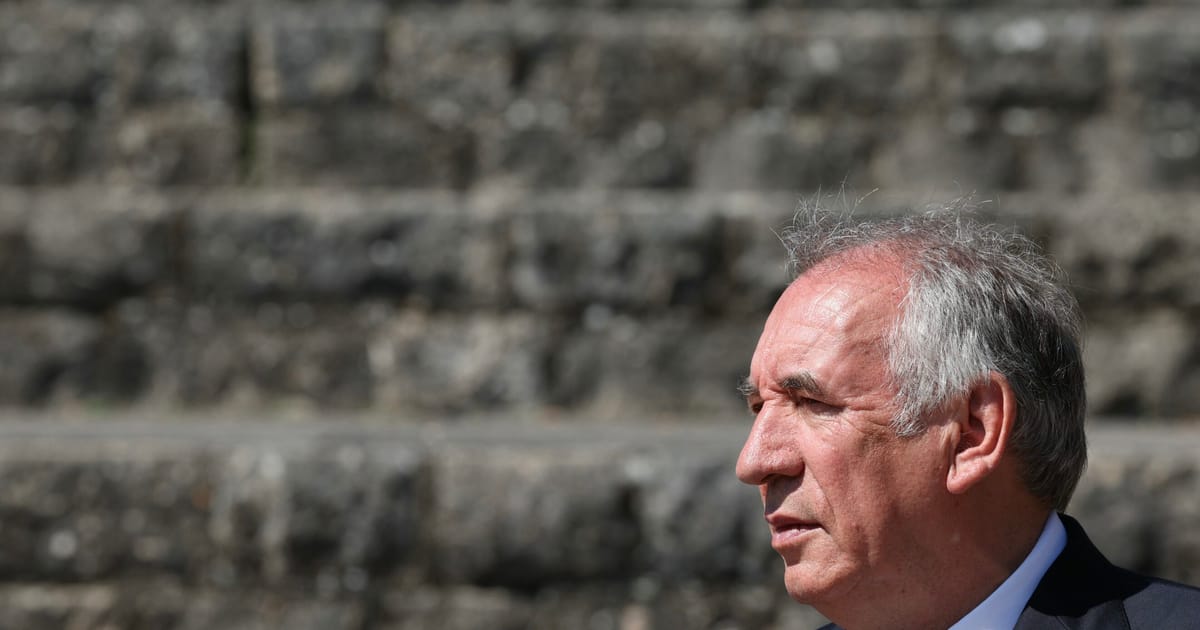

The landscape of European politics is witnessing significant movements as France faces a pivotal moment, the UK grapples with internal challenges, and Portugal navigates its foreign policy stance. This article delves into the recent developments across these nations while maintaining a soothing and informative tone to engage and enlighten the reader.
In France, the government’s stability is under scrutiny as it prepares to face a no-confidence vote following a breakdown in pension negotiations. This pivotal decision by the French Parliament will occur within the next 48 hours, marking a critical juncture for Prime Minister François Bayrou. Such a vote highlights the intricate balance of navigating public expectation and governmental obligations, all amidst a backdrop of reform-driven administration.
Simultaneously, former French Prime Minister Dominique de Villepin has reinvigorated the political sphere by launching a new party, Humanist France. De Villepin’s venture signals his potential candidacy for the 2027 presidential election. Known for his articulate address at the United Nations in 2003, opposing the Iraq war, de Villepin’s renewed focus aims at addressing current geopolitical issues with a humanistic approach. His platform has garnered attention due to his critique of international events, notably actions in regions like Gaza, thus engaging both political enthusiasts and the broader public eye.
Across the English Channel, the UK is witnessing a moment of internal discord within the Labour Party concerning the government’s proposed welfare reforms. Keir Starmer, the Prime Minister, stands unwavering on these proposals despite mounting opposition from his party ranks. The number of Labour MPs opposing the plan has grown to 123, a movement signaling significant resistance to the government’s approach to disability welfare overhaul. Amidst calls from influential figures such as Sadiq Khan, urging a pause to reassess, the political climate remains robust and dynamic, underscoring the complexity of governance and reform.
Meanwhile, in Portugal, a different aspect of national policy is being debated. The Portuguese Communist Party (PCP) has voiced a strong desire for the nation to distance itself from what it describes as the “madness of war expenditure.” This sentiment reflects a growing advocacy for Portugal to reject participation in militaristic endeavors, fostering a vision of peace-focused foreign policy. Such a stance calls for courage and aligns with the interests of some Portuguese citizens who prioritize diplomatic over conflict-laden engagements.
These developments, individually distinct yet inherently interconnected through the thread of political change, reflect a broader narrative of transformation across Europe. The movements and decisions within each nation’s political sphere serve as a reminder of the intricacies of leadership, governance, and public service.
Ultimately, these evolving stories underline the resilience and adaptability of democratic systems. As political actors navigate these periods of change, there remains a constant pursuit of balance and harmony, ensuring that policies and reforms resonate not only within domestic borders but also across the international stage. With every step, these nations reaffirm their commitment to serving and engaging with their citizens with mindfulness and responsibility.
Source: {link}
